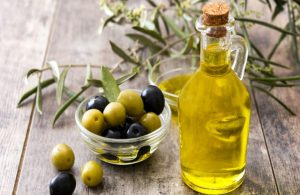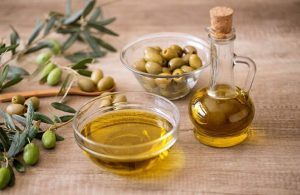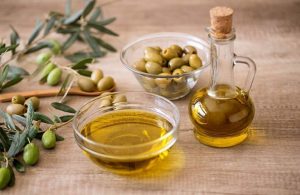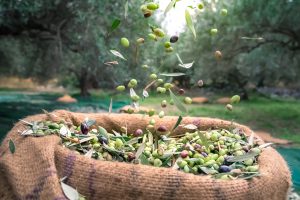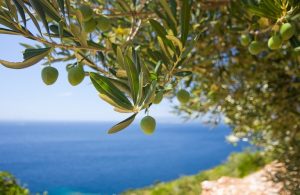With niche types of tourism mushrooming in recent years as the sector seeks to attract a more sophisticated – and deep-pocketed – clientele to Greece, it was only a matter of time before the “wine trails”, agri-holidays and culinary tours gave rise to “olive oil tourism”.
This specialty getaway has been christened oleotourism, from the Latin word for oil: oleum.
According to a recent article exploring “Olive Oil Tourism Hotspots” on the Australian site comparethemarket, Greece was ranked third – after Mediterranean rivals Spain and Italy – for oleotourism.
Specifically, 25% of the respondents cited in the article were most favorably disposed towards Greece, with the country coming second in olive oil tasting sessions and fourth in terms of the quality of its olive oil.
Olive oil has been a staple in Greek society and culture, since the “beginning of time”, holding a central place in all aspects of life. Apart from constituting the basis for virtually every food preparation, olive oil is also inexorably tied to the country’s ceremonial and religious traditions and customs. It was also used, and still is to this day, for its positive medicinal properties, especially for massage.
A recent study has shown olive oil massaged into painful fingers and knees can reduce pain as effectively as prescription medical treatments.
